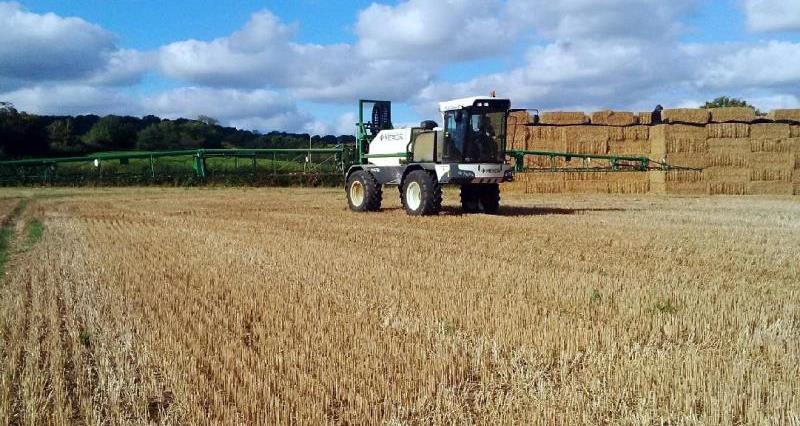On 29 November, the European Commission published the Implementing Regulation, renewing the approval of glyphosate for a period of 10 years, until 15 December 2033.
This comes after many months of discussion where the the Standing Committee on Plants, Animals, Food and Feed (SCoPAFF), comprised of representatives of the EU Member States, twice were unable to reach a qualified majority on the European Commission’s proposal to renew the approval of glyphosate in the EU for another ten years.
Although a majority of Member States voted in favour of the Commission’s proposal, a qualified majority could not be reached and therefore in line with EU legislation and in the absence of the required majority in both directions, the Commission was obliged to take a decision before 15 December 2023, when the previous authorisation period expired.
Based on comprehensive safety assessments carried out by the European Food Safety Authority (EFSA) and the European Chemicals Agency (ECHA) together with EU Member States, the Commission will proceeded with the renewal of the authorisation of glyphosate for a period of 10 years, subject to certain new conditions and restrictions, amongst which:
- the prohibition for use as a desiccant (with the intention to control the time point of harvest or to optimise the threshing). Please note that pre-harvest use for weed control is allowed.
- the setting of maximum application rates that shall not be exceeded unless the outcome of the risk assessment undertaken for the specific uses for which authorisation is applied for demonstrates that a higher rate does not lead to any unacceptable effects on small herbivorous mammals:
- 1.44kg/hectare/year for use in agriculture
- 1.8kg/hectare/year for use to control invasive species in agricultural and non-agricultural areas
- 3.6kg/hectare/year for use in non-agricultural areas
- the requirement for Member States to pay particular attention to specific aspects when carrying out risk assessments (e.g., the protection of small herbivorous mammals, such as voles, and non-target plants, such as wildflowers) and to set risk mitigation measures to ensure that non-target organisms and the environment are protected.
- an obligation for the applicant to submit information on the possible indirect impacts on biodiversity within 3 years from the availability of an appropriate guidance document. The Commission will request EFSA to develop the necessary guidance.
- Minimize/prohibit use in sensitive areas such as public parks, gardens, sports and recreational grounds, school and playgrounds, close vicinity of healthcare facilities.
- Member States are asked to pay attention to:
- Co-formulants
- Consumer exposure assessment for succeeding crops
- Risk to small herbivore mammals
- Contact exposure via spray drift
- Indirect impact on Biodiversity via trophic interactions: Since there is no EU level guidance, and it will be up to each member state
- Non-professional uses
- Additional monitoring of parent and metabolite in surface waters
